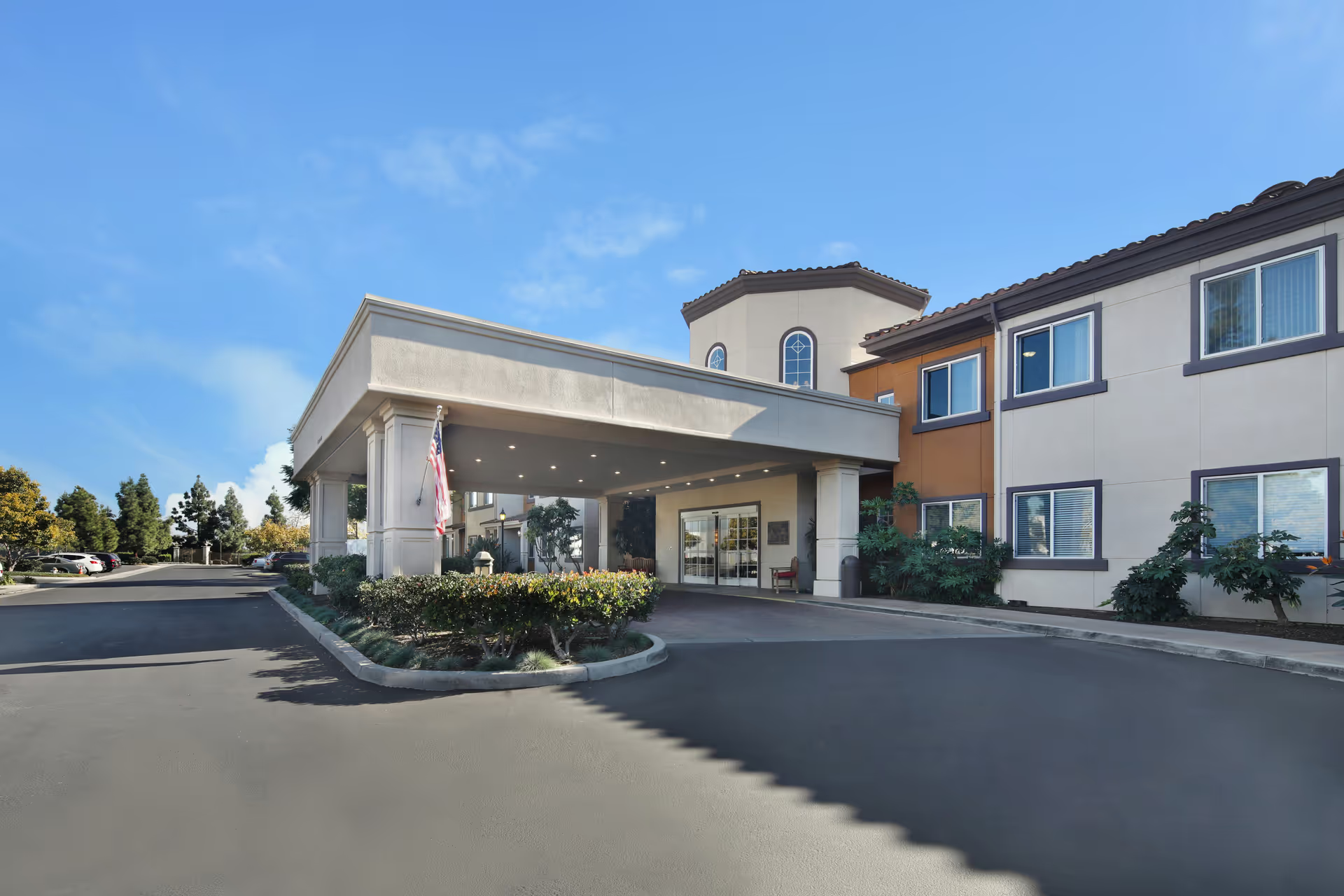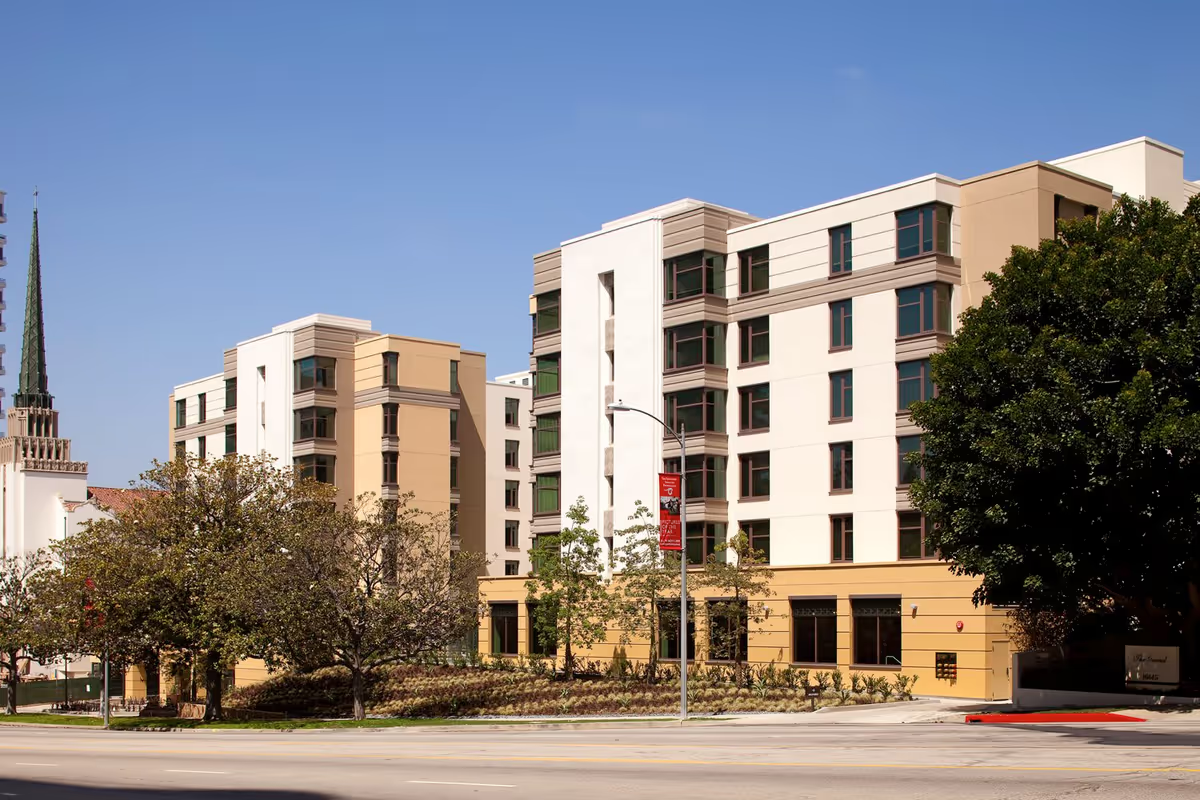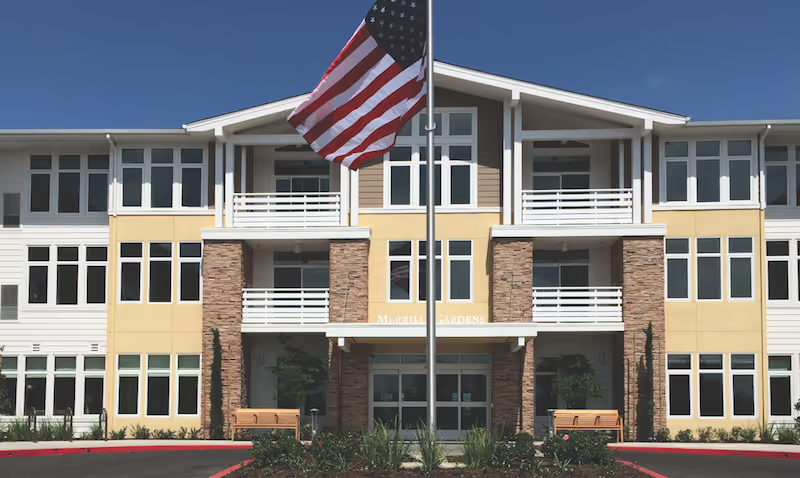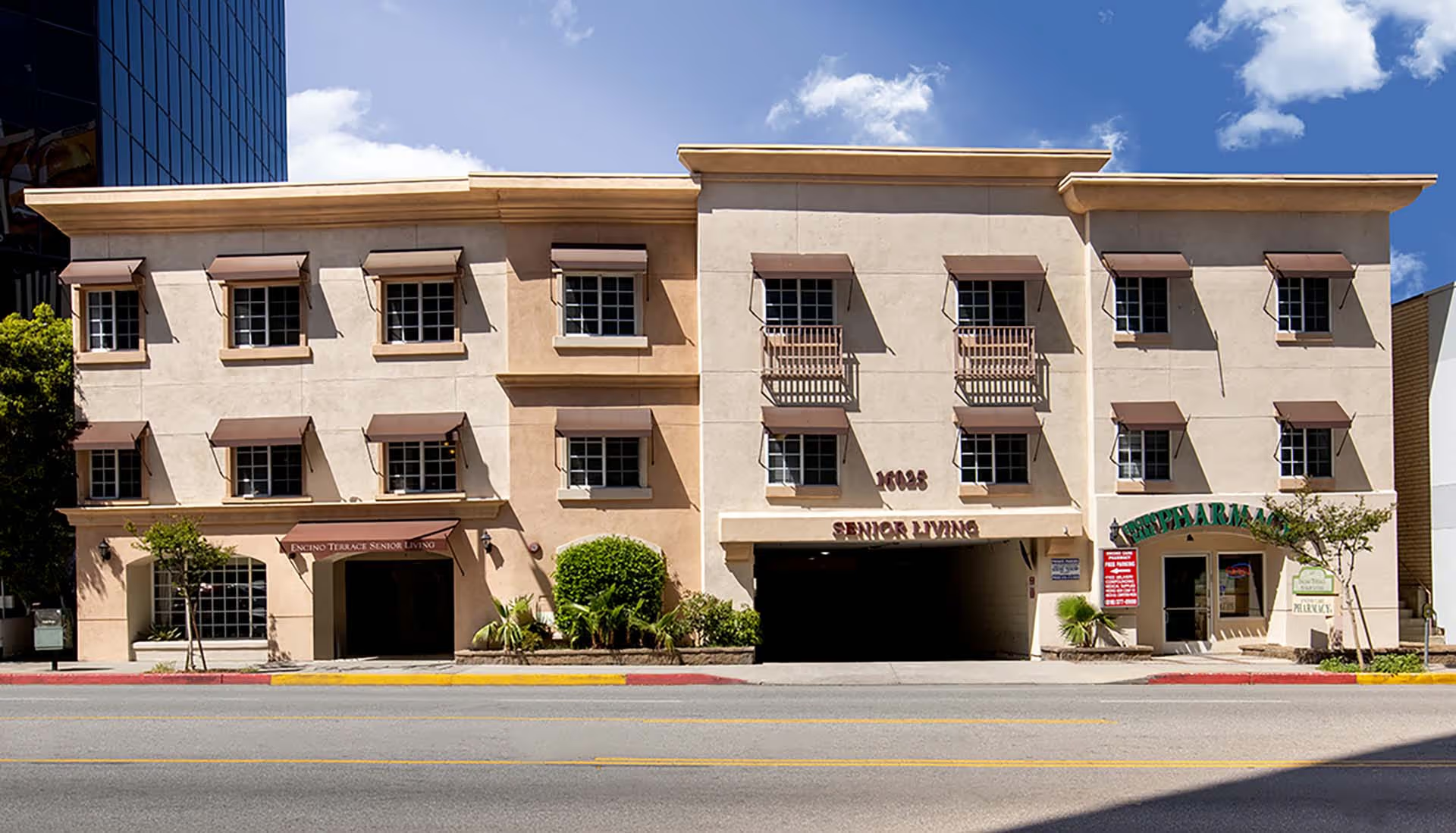Overall sentiment is highly mixed, with a pronounced split between numerous positive experiences and several very serious negative allegations. Many reviewers praise the kindness, compassion, and professionalism of frontline caregivers and therapy staff; at the same time a substantial number of reviews describe systemic problems with staffing, communication, medication management, and administrative processes. This yields a facility reputation that some families find excellent for short-term rehabilitation while others report unacceptable outcomes for longer stays.
Care quality and clinical safety: Reviews repeatedly praise the rehabilitation teams (PT/OT) and several named therapists and staff members who helped patients recover and discharge home. Multiple reviewers describe successful short-term stays with focused rehab goals and meaningful functional gains. Conversely, a significant cluster of reviews raises grave safety concerns: reports of missed or incorrect medications, long delays in assistance (one report of a three-hour wait), hygiene neglect, and at least one allegation of medication overdose. There are also several accounts of residents declining after what families were told were stable conditions, leading to emergency room transfers, pneumonia, hypoxic respiratory failure, and even death. These serious clinical claims are reported as reviewer allegations and should be treated as red flags requiring verification.
Staffing, communication, and operations: Understaffing and high patient loads are recurring themes, with reviewers connecting staffing shortages to slower processing times, missed care, and stressed employees. Communication failures are frequently cited: calls and voicemails going unanswered, poor handoffs, discharge paperwork and transport coordination errors, and billing confusion involving Medicare and private insurers. Some families report that administration and front desk staff (one reviewer praised a front-desk employee named Fia) are helpful and engaged, while others describe administrators as unorganized or clueless about billing. The inconsistency suggests variability by shift, unit, or individual staff members.
Administration, billing, and legal allegations: Several reviewers claim billing problems and difficulty getting staff to properly process insurance claims (examples include Blue Shield vs. Medicare confusion). More serious are multiple allegations — made by reviewers — that the facility is involved in financial manipulation, a state payment scheme, and protection of staff by state actors. Some reviewers also assert they have proof and caution about pro bono attorneys; these remain accusations in the review set rather than verified findings. These legal and financial allegations, together with reported billing dysfunction, contribute to an environment of distrust for some families.
Facility, environment, dining, and activities: Many reviewers report a clean, welcoming facility with frequent cleaning and no noticeable odors; some say the place feels orderly and well-maintained. Activities and social programming (bingo, entertainers, holiday meals) are frequently mentioned as positive features that improve quality of life. Dining opinions are mixed: some call meals tasty and describe special holiday dinners positively, while others describe poor cafeteria food or instances where patients were hungry. Rooming and privacy are common pain points — shared rooms, limited shower privacy, and feelings of loss of dignity were noted by several reviewers.
Extremes and variability: The reviews display a wide range from "exceptional, top-tier rehab and compassionate care" to claims of "torture," medical malpractice, and illegal drugging. Several named staff members receive repeated praise (Jordan, Dominique, Dana, Andrew, Aryeh), indicating strong individual performers. At the same time, multiple reports of pests (rats, cockroaches), lack of restroom assistance for prolonged periods, and anecdotal accounts of sedating residents suggest serious lapses in some instances. This variability indicates that experiences may depend heavily on timing, staffing levels, care team composition, and whether the stay is short-term rehab versus longer-term custodial care.
Recommendations for prospective families (based on patterns in reviews): the facility appears to perform best for short-term, rehabilitation-focused stays with active PT/OT involvement and when specific staff members are engaged. Families considering Driftwood should ask direct, specific questions before and during admission: staffing ratios on the intended unit/shifts, protocols for medication administration and verification, how discharge and transport are coordinated, proof of pest/infection control measures, and how billing for Medicare vs. private insurance will be handled. Given multiple reports of communication breakdowns and serious clinical allegations, families should closely review medication administration records, daily nursing notes, and advocate for rapid escalation pathways if care concerns arise. Finally, because reviews show substantial variability, visit in person (including evenings/nights if possible), check current state inspection and complaint records, and seek recent references from families whose patients had stays similar in length and acuity to your loved one’s needs.







